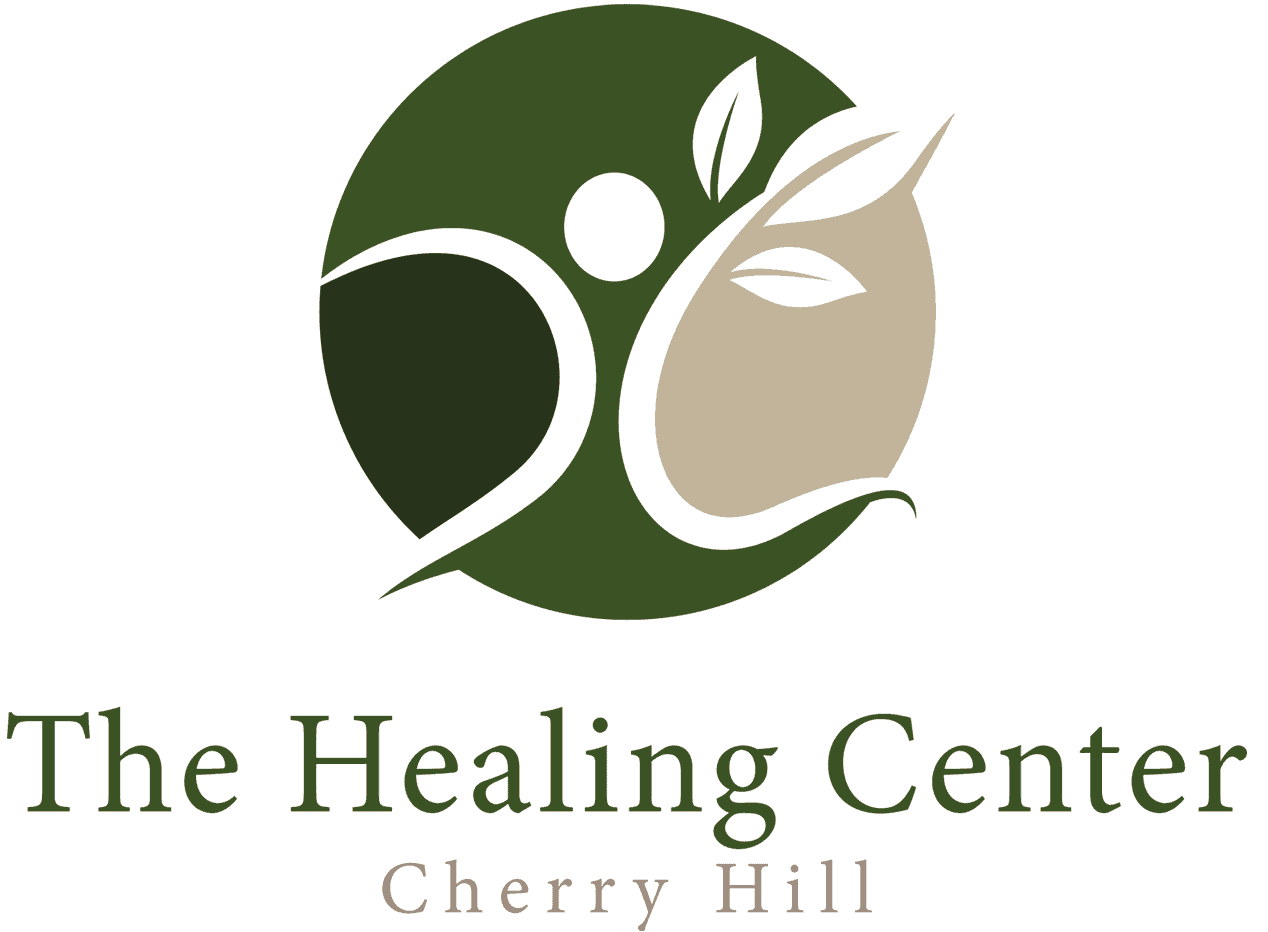Entering rehab may seem overwhelming, but at The Healing Center, we’ve designed our admissions process to be as simple and stress-free as possible.
Our streamlined, three-step process begins with a confidential phone assessment. During this call, we’ll review your history with substance use, discuss your current circumstances, and gather your insurance information. Next, we handle the insurance verification process for you, contacting your provider directly to determine coverage and outlining any potential out-of-pocket expenses. If needed, we offer flexible payment plans to make treatment more accessible. The final step is your admission into our Cherry Hill rehab facility, where you’ll begin your journey toward recovery.
Upon arrival, you’ll meet with our compassionate clinical team for a full psychological and medical evaluation. If necessary, medications will be prescribed to support your physical health, mental well-being, or ease withdrawal symptoms. You’ll also receive a tour of our facility, a personalized treatment schedule, and an introduction to your peer community. At The Healing Center, we understand that taking the first step is often the most challenging, so we’ve made it as easy as picking up the phone. Reach out today and start your path to healing.













